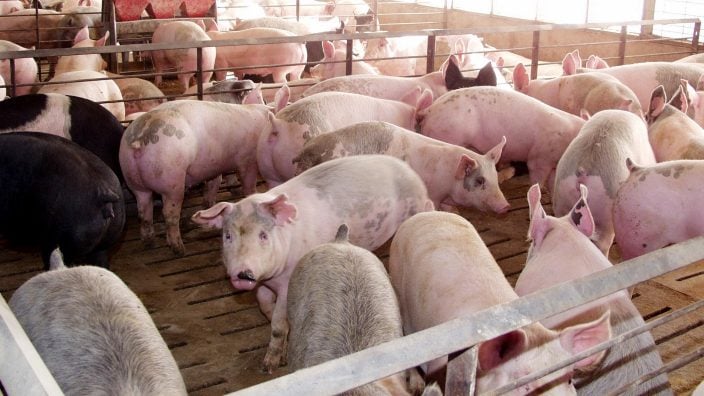Farmer’s Guide to Trucking Regulations available to Ohio Farm Bureau members
The guide includes a farm driver checklist, overview of state and federal regulations and exemptions, CDL qualifications and more.
Read More
Ohio Farm Bureau led a group of state Farm Bureaus representing farmers in the Midwest to write a letter to USDA regarding the recent court order that would effectively end the New Swine Slaughter Inspection System (NSIS), asking USDA to request a stay of the new court decision.
Addressed to Secretary of Agriculture Tom Vilsack, the letter stressed that the reduced line speeds forced by the court order would have adverse impacts on hog producers as it would significantly decrease slaughter capacity.
The letter also cited research from Iowa State economist Dr. Dermot Hayes that estimates the decision would reduce national packing capacity and cause a total economic loss of $80 million for U.S. hog farmers, much of which would be concentrated in Midwestern states:
The hog industry has suffered greatly over the past several years, combating market volatility stemming from African Swine Fever, packing capacity and supply chain issues due to the COVID-19 pandemic, and trade implications from some of our country’s largest pork importers. They can’t afford another setback due to processing capacity reductions.
Over 25% of the nation’s hog slaughter capacity has been enrolled in the NSIS program. In the Midwest, there is even more reliance on the processing capacity provided by these plants. For example, in Ohio nearly 40% of all hogs are processed in plants operating using increased line speeds. In Pennsylvania, it is estimated the decision would have at least a 20% impact on pork processing capacity.
The letter shared with Secretary Vilsack emphasized that the nation’s hog farmers will suffer the greatest harm from upstream impacts, adding:
With the current production cycle already underway, farmers will have few options to have hogs processed if current processing capacity is reduced. In the case of independent producers, hogs may have nowhere to go as processor-owned hogs will be given priority. Given the impact and administrative nature of the court’s ruling, our organizations call on you to expend all means necessary to ensure producers are not adversely impacted. First and foremost, USDA should request a stay of the recent court decision.
Ohio Farm Bureau is continuing to work directly with stakeholders impacted by this ruling and is collaborating with them to seek out solutions.


The guide includes a farm driver checklist, overview of state and federal regulations and exemptions, CDL qualifications and more.
Read More


The plan has been updated to give sole proprietors access to more rate stability and a smart solution that offers potential savings on health care.
Read More

The American Farm Bureau Federation, in partnership with Farm Credit, is seeking entrepreneurs to apply online by June 15 for the 2025 Farm Bureau Ag Innovation Challenge.
Read More

Adele Flynn of Wellington has been elected treasurer of the Ohio Farm Bureau Federation and now holds the third highest elected office in Ohio’s largest and most influential farm organization.
Read More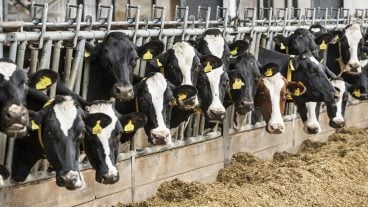
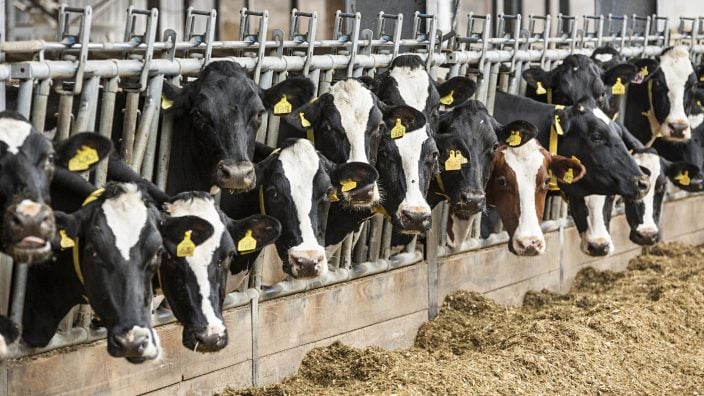
Producers are urged to work with their veterinarian to practice enhanced biosecurity measures and review and limit cattle movements within production systems.
Read More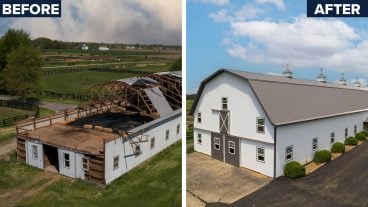
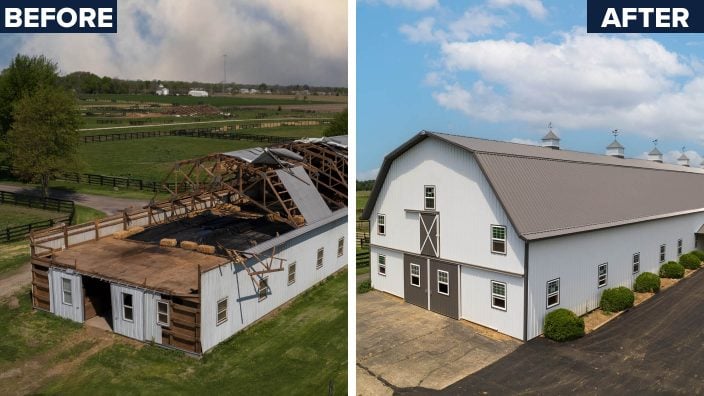
The changing seasons bring with them the need to thoroughly inspect pole barns for any damages that may have occurred during the winter months.
Read More

Hundreds of Ohio businesses and sole proprietors are raving about Ohio Farm Bureau’s Health Benefits plan with lower, predictable costs and easy enrollment and administration options.
Read More
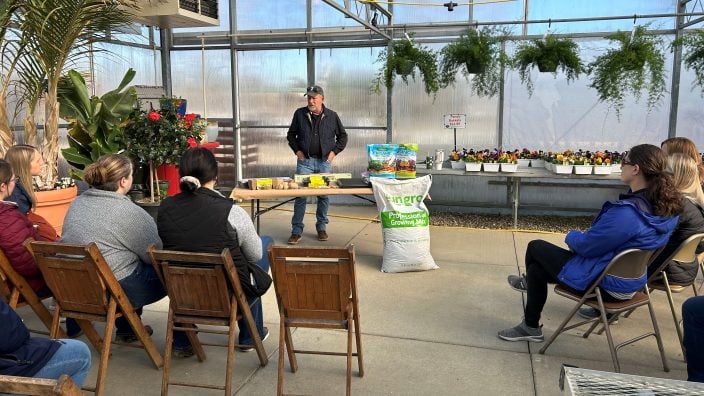
AgriPOWER Class XIV spent a few days in March in Medina and Wayne counties learning more about northern Ohio agriculture from leaders in Ohio Farm Bureau.
Read More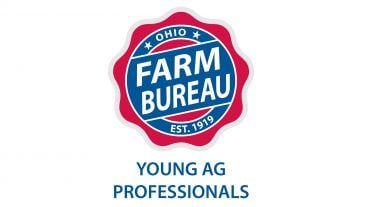
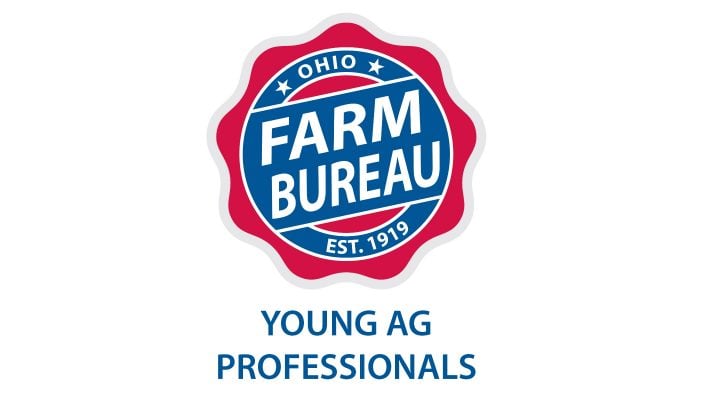
Leading Ohio Farm Bureau’s 2024 YAP State Committee are Luke and Kayla Durbin of Coshocton County, Tim and Sarah Terrill of Montgomery County and Carly Fitz of Perry County.
Read More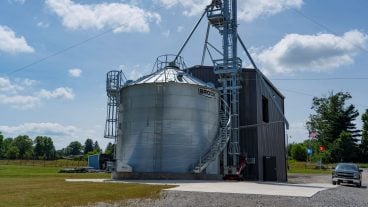
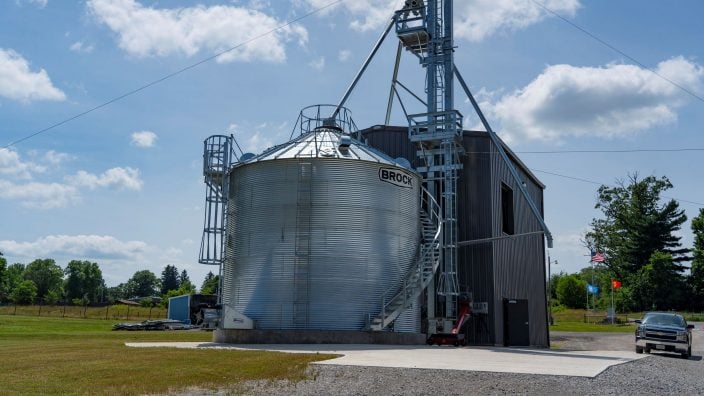
Farming is a very rewarding occupation, but it can come with hazardous territory if there are not proper training protocols in place.
Read More